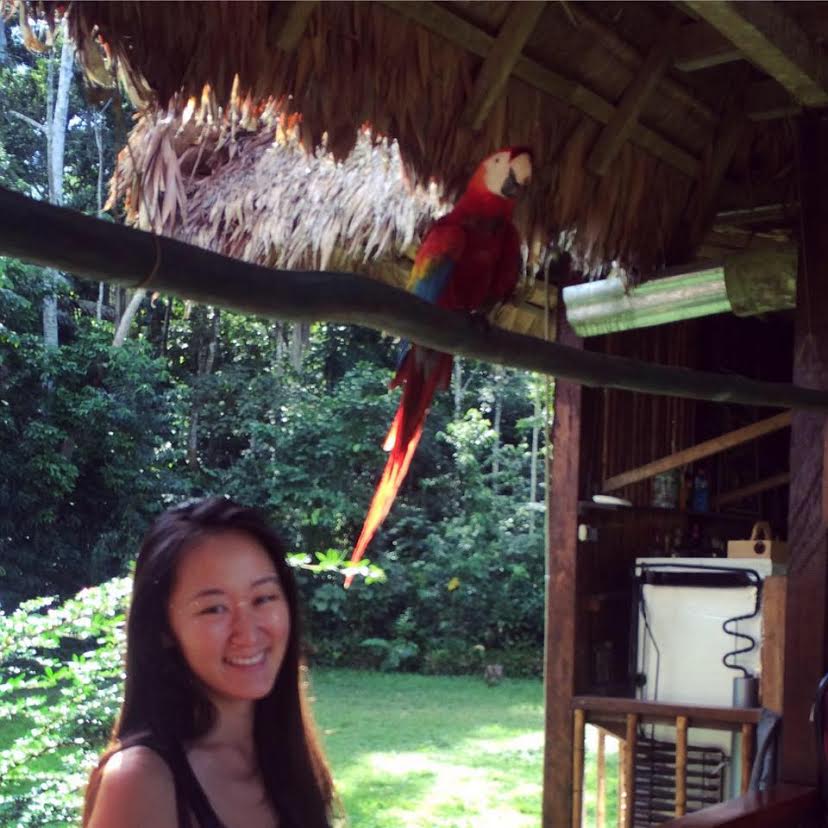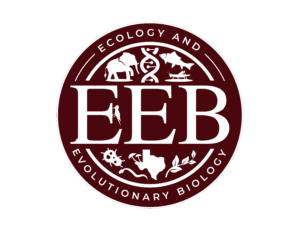Kristina Chyn is a 3rd year PhD student in Lee Fitzgerald’s lab. Kristina is broadly interested in conservation, landscape ecology, and herpetology.
For her dissertation, she studies the direct and indirect effects of roads on reptiles and amphibians in Taiwan and is conducting her fieldwork on a Fulbright fellowship (2016-2017).
She received her B.S. in Science of Natural and Environmental Systems from Cornell University before joining the EEB program at TAMU.



